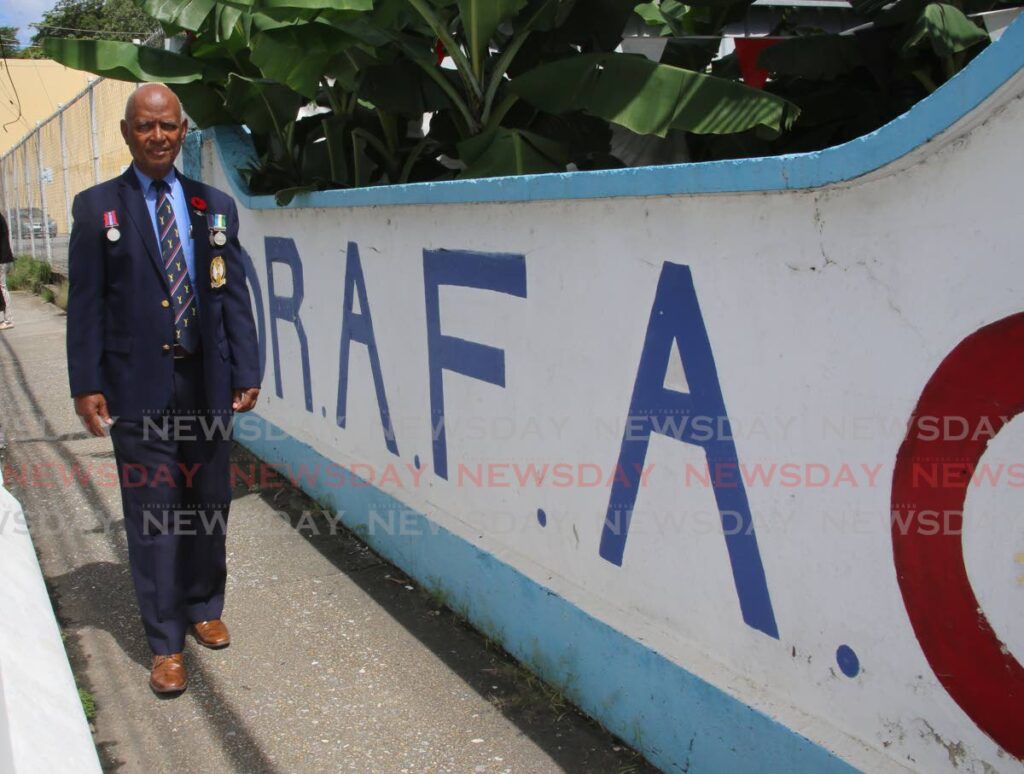Fly boys in limbo

THE IMPASSE between the Government and two civil society groups – the Royal Air Forces Association (RAFA) and the TT Federation of Veterans’ Associations – over the fate of property at 20 Queen’s Park East, Port of Spain is unfortunate.
The groups are asking the Government to give them a 99-year lease for their headquarters.
According to the chairman of both associations, Dennis Olivier, they fear a current 30-year lease may not be renewed come next year.
They are prepared for a legal battle once they get the resources to hire lawyers.
It must not come to that.
It is an often-overlooked fact that this country, and many other countries in the Commonwealth, played a role in successive world wars at the start of the 20th century.
The property in dispute was leased to the Overseas Forces Club for ten years in 1921. The lease was then renewed in 1931 and 1942.
According to a 2019 Cabinet note, during the 1950s-1960s, there were two parcels of state land in use by the association. One of these was approved for use by the RAFA in 1959 for 30 years with an option for renewal.
Over the years, the RAFA has engaged with authorities on the matter of having the land granted to it, as well as the possible merger of the two plots. Along the way, there has also been hope of a new 99-year lease.
But in 2019, Cabinet moved to vest the larger of these parcels to Udecott.
In that year, the corporation reportedly tore down the RAFA’s $40,000 fence surrounding its car park and began building a new one, prompting complaints and anger from the veterans.
All the uncertainty, the back and forth and the lack of clear communication are a disservice to these associations.
“Right now, 90 per cent of the population don’t know why we wear the poppy and don’t have a clue about our history,” Mr Olivier said recently. “We want to contribute to the education and enlightenment of the younger generation.”
Undoubtedly the property is of value to the State. And while the legal nuances of the veterans’ occupation of the land make the issue somewhat complex, what is clear is the need for an educational facility that highlights the historical significance of the site and the role played by heroic individuals in the Commonwealth in international affairs.
The groups have plans for the property should they be vested in it.
They have, to that extent, shown tremendous enthusiasm and initiative.
On this matter, the State needs to match such energy. It needs to find a balance between its urban planning needs and the social and historical factors that are in play. With some creativity, it is possible for all sides to realise they are on the same team.


Comments
"Fly boys in limbo"